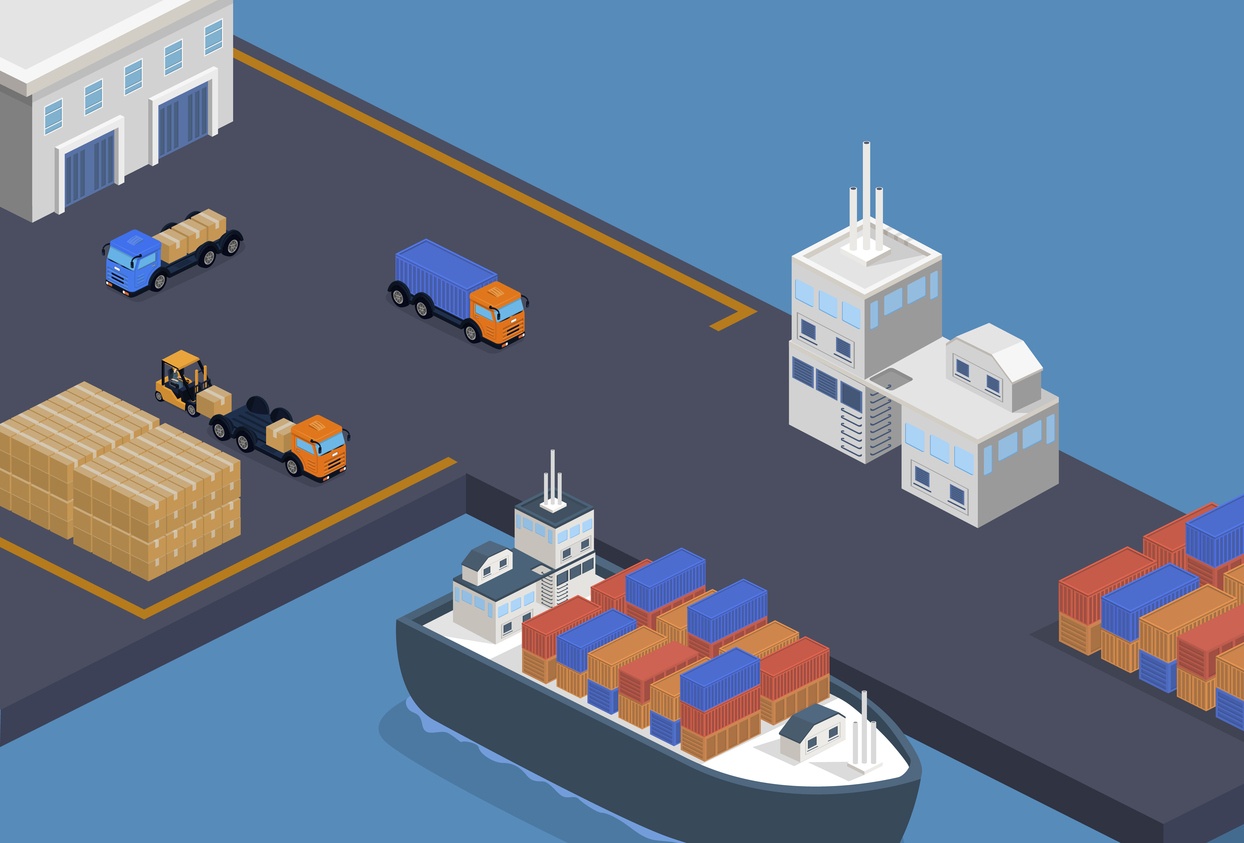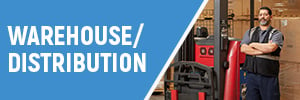Since the beginning of 2018, President Trump has issued three proclamations to address an imbalance in unfair trade practices. While mainly targeted at China, the second of the three actions has taken a protectionist stance on a global basis for the U.S. steel and aluminum industry. Heavy tariffs have been levied against many steel and aluminum products under Section 232 of the Trade Act of 1974 with more coming under, the now pending, Section 301 duties.
Trade Wars & Proclamations: What It Means to the Average Importer
Every organization wants to find savings and efficiencies - and it often seems that these elusive stashes must be buried deep in nooks and crannies. But not necessarily - there are three places within your supply chain where savings may be hiding in plain sight.
Topics: Supply Chain Management
Compliance: If you've got it, flaunt it!
Want to get me going? Tell me compliance is a necessary evil.
Necessary? Sure. Evil? Only if you lack imagination and ingenuity!
Foreign Trade Zone
Foreign Trade Zone (FTZ) areas are secure locations under the supervision of the United States Customs and Border Protection (CBP) and are considered to be outside of the U.S. Customs territory when considering duty payment. Ultimately, this means that you can find cost-savings through the use of these areas and framework.
Topics: Customs Consulting
If you believe knowledge is power, then partnering with your broker in the Broker-Known Importer Program (BKIP) is your answer. As an importer, you are required to provide detailed information regarding your goods when bringing them into the United States. Software and electronic communications are available in the marketplace to make the Customs clearance process more seamless and efficient. However, importers can also participate in voluntary programs to help prevent delays in the Customs clearance of their goods.







-%20dark%20larger%20(1).png)








%20for%20Website.png)


